True Breslovers
On his first trip to Israel as a teenager in 1958, Gedaliah Fleer was introduced to three leading Breslover chassidim who were living examples of Rebbe Nachman’s teachings.
Reb Moshe Burstein, a close disciple of Rabbi Avraham Sternhartz, was a true servant of God. Although he worked a full day in the Ministry of Religion, he devoted many hours to prayer and Torah study and only slept about three hours a night. Though Reb Moshe had studied the entire Talmud with Rabbi Sternhartz, he was not interested in publicizing the extent of his knowledge. He preferred to stay out of the limelight and to serve God with simplicity and joy. He was real and sincere, and his powerful simplicity made a deep impression on me, bringing me closer to the Chassidut.
Reb Gedaliah Kenig was also a close student of Rabbi Sternhartz. Reb Gedaliah was renowned for his deep and encyclopedic knowledge of Breslov Chassidut and Kabbalah. He warmly invited us into his small, two-room home in Batei Wittenberg and offered us a cup of tea. The moment we were settled, he and Rabbi Tzvi Aryeh Rosenfeld delved into a discussion of some difficult points in the Likutey Moharan. I listened in fascination and realized that there was much more to Rebbe Nachman’s teachings than I had assumed.
Reb Yitzchak Gelbach also had a deep, encyclopedic knowledge of the entire Talmud. He worked in the central post office and was very down-to-earth. He was in charge of the third Shabbat meal in the main Breslover shul and would personally set the tables and serve the food for the dozens of people who ate there each week.
While living in Lithuania under Soviet rule, Reb Yitzchak had published a ten-year calendar of the Jewish festivals so that people would be at least able to know when Yom Tov came out. He was caught by the Russians, who said to him, “You like ten-year calendars, so we’re sentencing you to ten years in Siberia.”
Reb Yitzchak told me many stories about how he managed to observe the Torah in a Siberian labor camp. One of his lungs was permanently damaged by the cold. But the harsh sentence actually saved his life, because shortly after he was sent to Siberia, the Nazis invaded Lithuania and decimated the Jewish population.
From “Against All Odds” by Gedaliah Fleer
- 1 comment



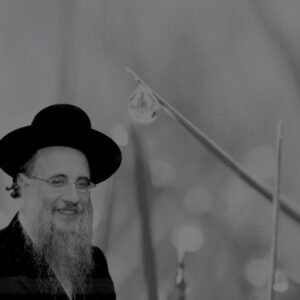


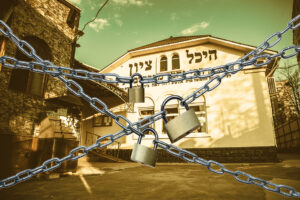

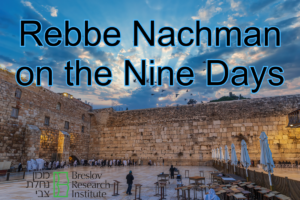





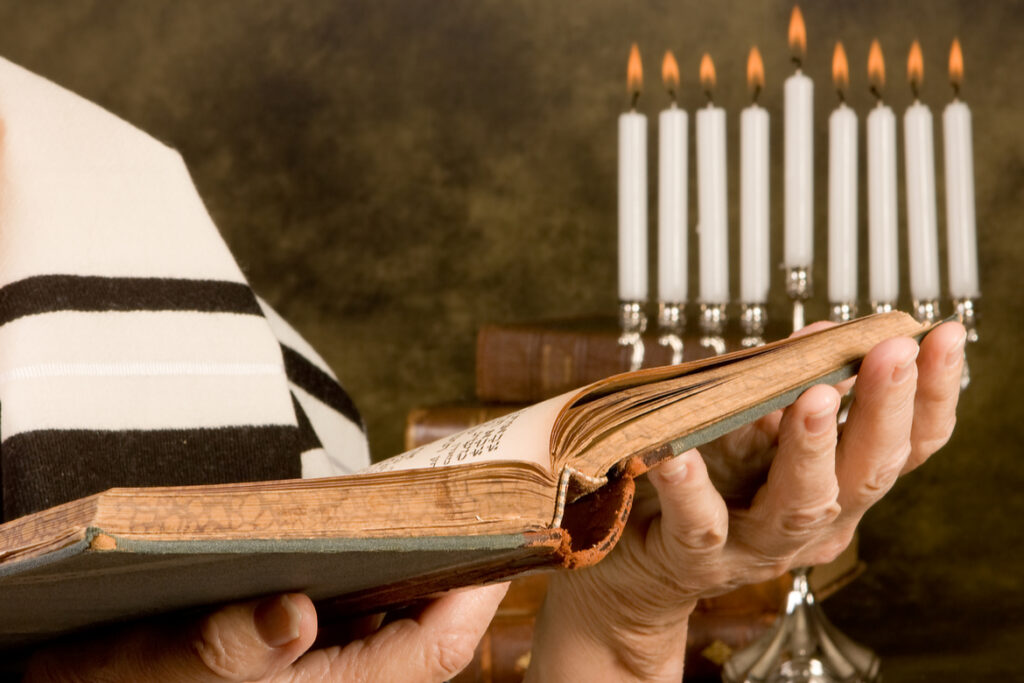


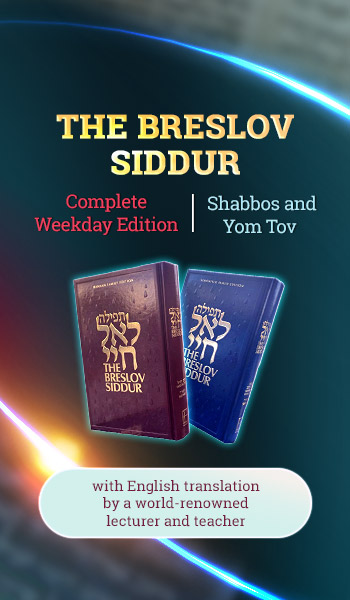
One Response
NA NACH NACHMA NACHMAN MEUMAN REBBE NACHMAN NACHMA MEUMAN!